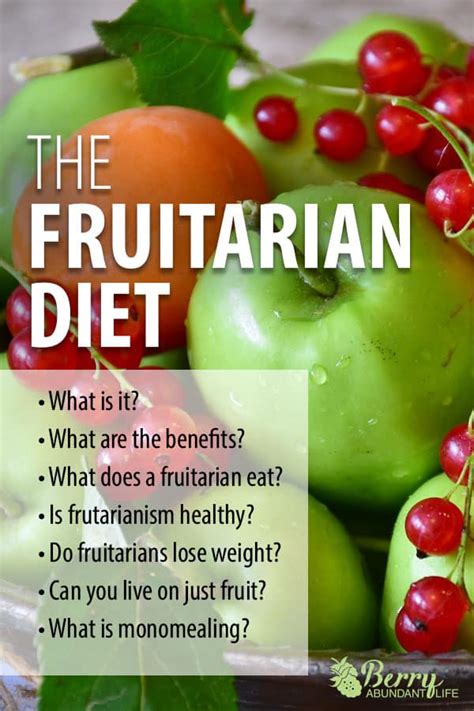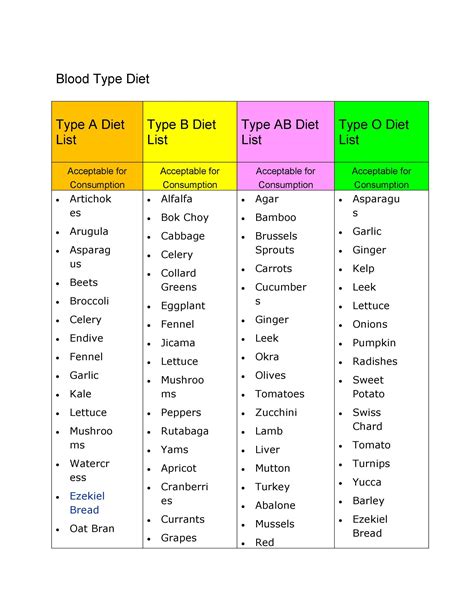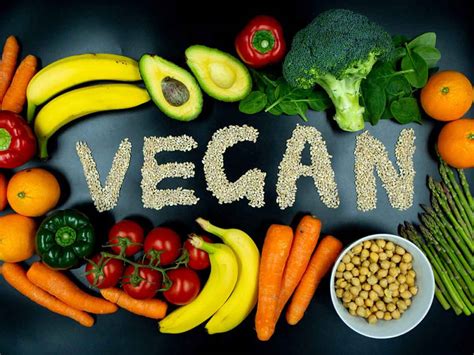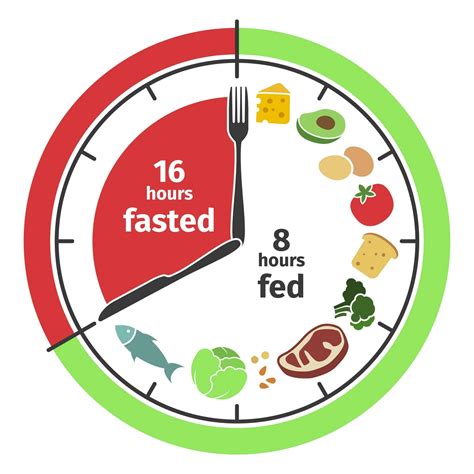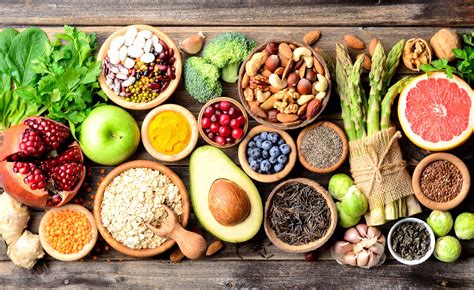Learn about the definition, nutritional benefits, common foods, health risks, and tips for transitioning to a fruitarian diet. Make the switch with confidence!
Definition of Fruitarian Diet
Contents
Fruitarian diet is a type of diet that primarily consists of fruits and sometimes nuts, seeds, and other plant-derived foods. It is a subset of the broader vegan diet, as it excludes all animal products and by-products. The main philosophy behind the fruitarian diet is consuming foods that can be harvested without harming the plant, such as fruits that naturally fall from trees or plants. This diet is often associated with the belief in living in harmony with nature and respecting the balance of the ecosystem.
Proponents of the fruitarian diet believe that consuming a diet primarily composed of raw fruits can cleanse the body and provide essential nutrients for optimal health. This diet is typically low in fat and protein, with a primary focus on carbohydrates from fruits to provide energy. The fruitarian diet is not only about the type of foods consumed, but also about the method of consumption, as some fruitarians choose to eat only raw fruits and avoid cooking or processing their foods.
It is important to note that the fruitarian diet can vary among individuals, as some may include a wider variety of fruits, while others may only consume specific types of fruits based on ripeness and season. Additionally, some fruitarians may incorporate small amounts of nuts, seeds, and leafy greens into their diet for essential nutrients
Nutritional Benefits of Fruitarian Diet
As a fruitarian, you are consuming a diet that primarily consists of fruits, along with some nuts and seeds. This diet is rich in nutrients such as vitamins, minerals, antioxidants, and fiber. Fruits are packed with essential nutrients that are necessary for the body to function properly, making the fruitarian diet a nutrient-dense choice.
One of the main nutritional benefits of a fruitarian diet is the high concentration of vitamins and minerals found in fruits. Fruits are an excellent source of vitamin C, which is important for a healthy immune system, as well as potassium, which helps regulate blood pressure and maintain proper function of the heart and muscles.
Antioxidants are another key component of the fruitarian diet. They can help protect the body from oxidative stress and reduce the risk of chronic diseases. Many fruits, such as berries and citrus fruits, are rich in antioxidants that can help promote overall health and well-being.
Additionally, the high fiber content of fruits can have numerous health benefits. Fiber is essential for digestive health and can help prevent constipation and promote regular bowel movements. It can also help lower cholesterol levels and control blood sugar levels, reducing the risk of heart disease and diabetes.
In essence, the fruitarian diet provides an array of nutritional benefits that can contribute to overall health and well-being. By consuming a variety of nutrient-dense fruits, individuals following a fruitarian diet can ensure that they are obtaining the vitamins, minerals, and antioxidants necessary for optimal health.
Common Foods in Fruitarian Diet
When following a frutarian diet, it is important to consume a variety of fresh, raw fruits and vegetables. Some common fruits that are typically included in a frutarian diet are apples, bananas, oranges, berries, melons, and grapes. These fruits are high in essential vitamins, minerals, and antioxidants, making them a staple in the diet of frutarians.
In addition to fruits, frutarians also consume a variety of raw vegetables such as leafy greens, carrots, celery, and cucumbers. These vegetables provide essential nutrients and fiber that are important for overall health and digestive function. It is important for frutarians to consume a variety of fruits and vegetables to ensure that they are getting a wide range of nutrients.
Some frutarians also include nuts and seeds in their diet, although they are consumed in small amounts. Nuts and seeds provide healthy fats and protein, which are important for overall health and energy levels. It is important for frutarians to limit their intake of nuts and seeds, as they are higher in fat and calories compared to fruits and vegetables.
Overall, a frutarian diet consists of a wide variety of fresh, raw fruits and vegetables, with limited amounts of nuts and seeds. This diet provides essential nutrients and antioxidants, and is beneficial for overall health and well-being.
Health Risks and Considerations
When considering a Fruitarian Diet, it’s important to keep in mind the potential health risks and considerations associated with this type of diet. One of the main concerns is the risk of nutrient deficiencies, particularly in essential nutrients such as protein, calcium, iron, and vitamin B12. Since fruitarians consume mainly fruits, vegetables, nuts, and seeds, they may not be getting enough of these vital nutrients.
Another health risk to consider is the potential for unstable blood sugar levels. Fruits are high in natural sugars, which can cause spikes and crashes in blood sugar levels. This can lead to feelings of fatigue, dizziness, and irritability, and can also have negative effects on overall energy levels and mood.
In addition, a fruitarian diet may not be suitable for everyone, especially individuals with certain medical conditions such as diabetes or hypoglycemia. The high sugar content in fruits can cause issues for those with these conditions, and may not be recommended for their dietary needs.
It’s also important to consider the potential for foodborne illnesses when consuming a diet high in raw fruits and vegetables. Since fruitarians typically eat a large amount of raw produce, there is an increased risk of exposure to harmful bacteria and parasites that may be present on the surface of these foods.
Overall, while the Fruitarian Diet can have some nutritional benefits, it’s important to carefully consider the potential health risks and considerations before making the decision to adopt this type of diet.
Tips for Transitioning to Fruitarian Diet
Transitioning to a Fruitarian diet can be both exciting and challenging. It involves consuming predominantly fruits, along with nuts, seeds, and some vegetables. If you are considering this dietary lifestyle, there are several things you can do to make the transition smoother and more sustainable.
First and foremost, it’s important to start slow. Gradually increasing the amount of fruits and raw foods in your diet can help your body adjust to the new way of eating. An abrupt shift can lead to discomfort and potential nutrient deficiencies. Begin by incorporating more fruits and raw vegetables into your meals and snacks, while gradually reducing the consumption of cooked and processed foods.
It’s also essential to do your research and educate yourself about Fruitarianism. Understanding the nutritional requirements and potential challenges of this diet can help you make informed decisions and adjustments. Seek guidance from reputable sources, such as books, websites, and experienced practitioners of this lifestyle.
Additionally, finding a community or support group can be incredibly beneficial. Connecting with like-minded individuals who have experience with Fruitarianism can provide you with valuable insights, tips, and encouragement. It can also help you feel less isolated and more motivated to stay on track with your dietary goals.
Lastly, be patient with yourself and take it one step at a time. Transitioning to a Fruitarian diet is a journey, and it’s okay to take small, gradual steps towards your ultimate goal. Listen to your body, pay attention to any signs of imbalance, and make necessary adjustments along the way. Remember that every person’s transition is unique, so trust your intuition and prioritize your overall well-being.

